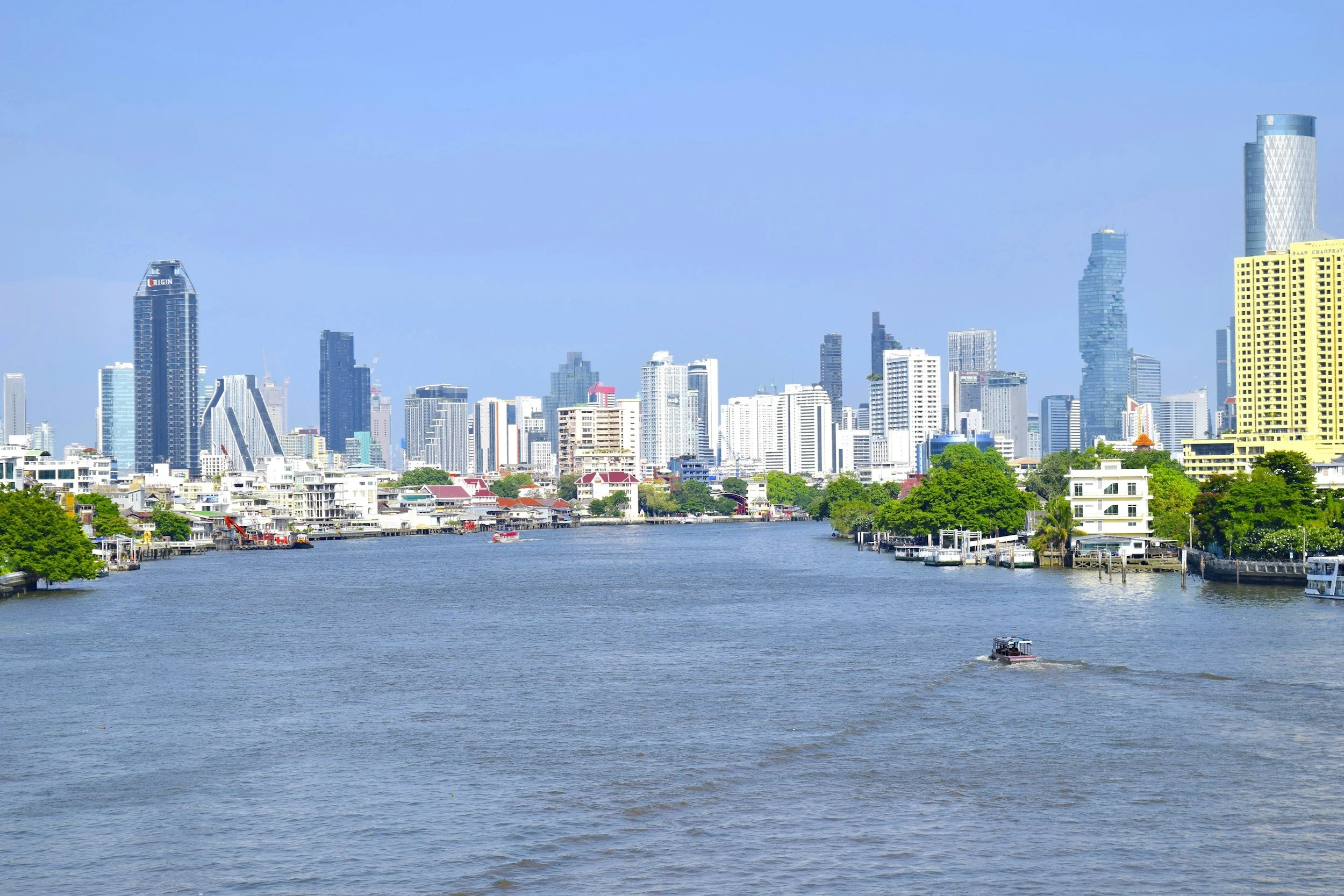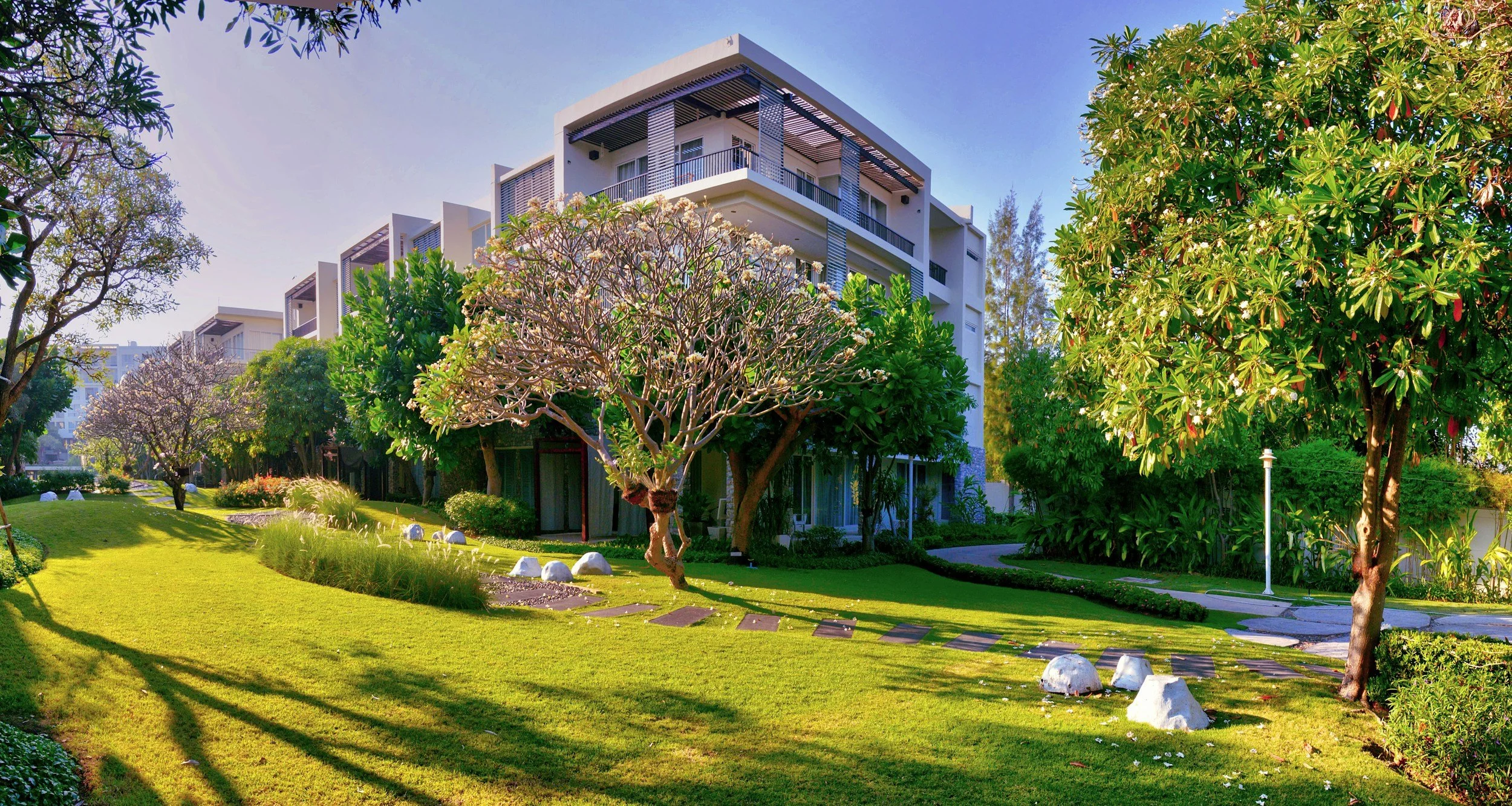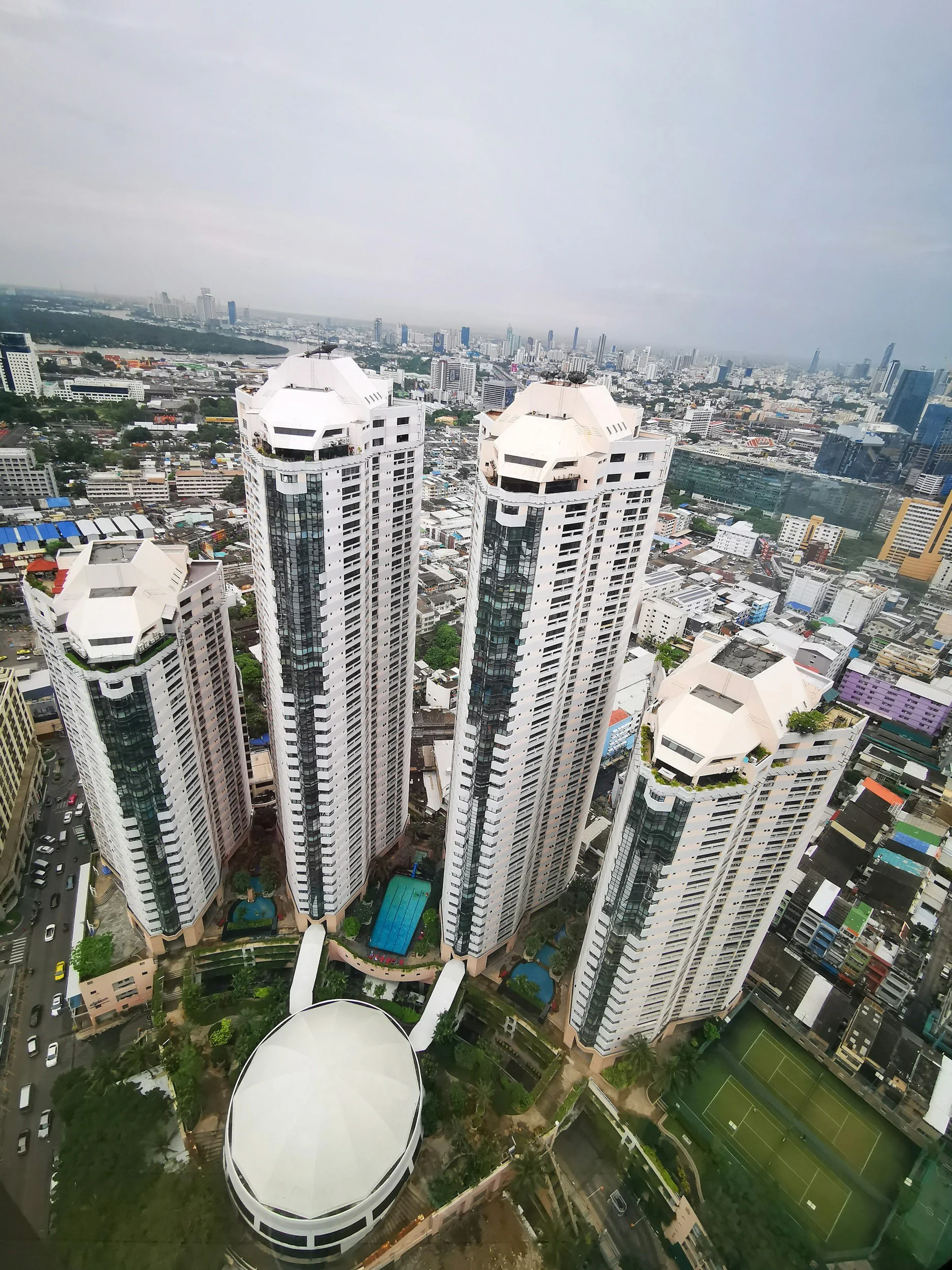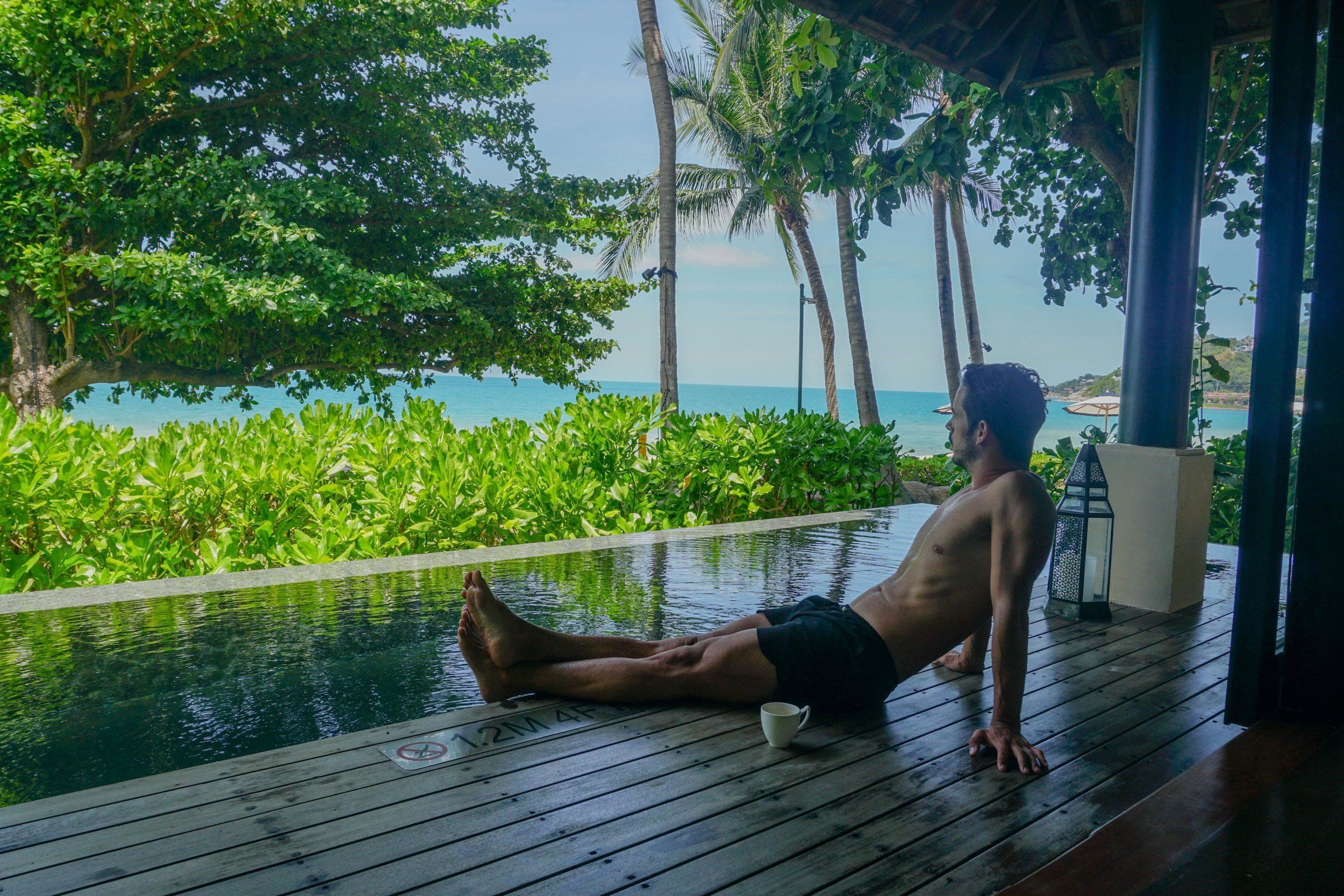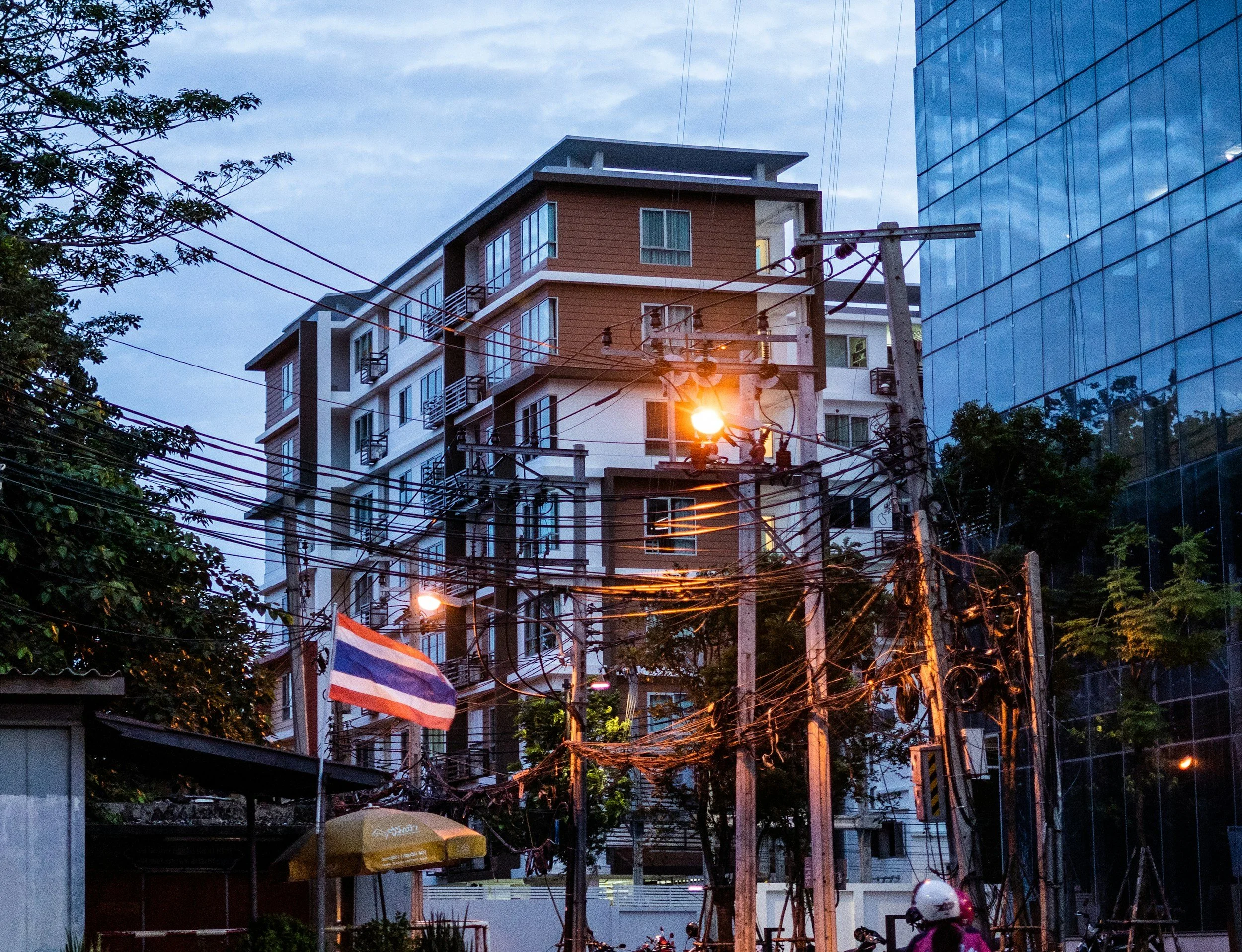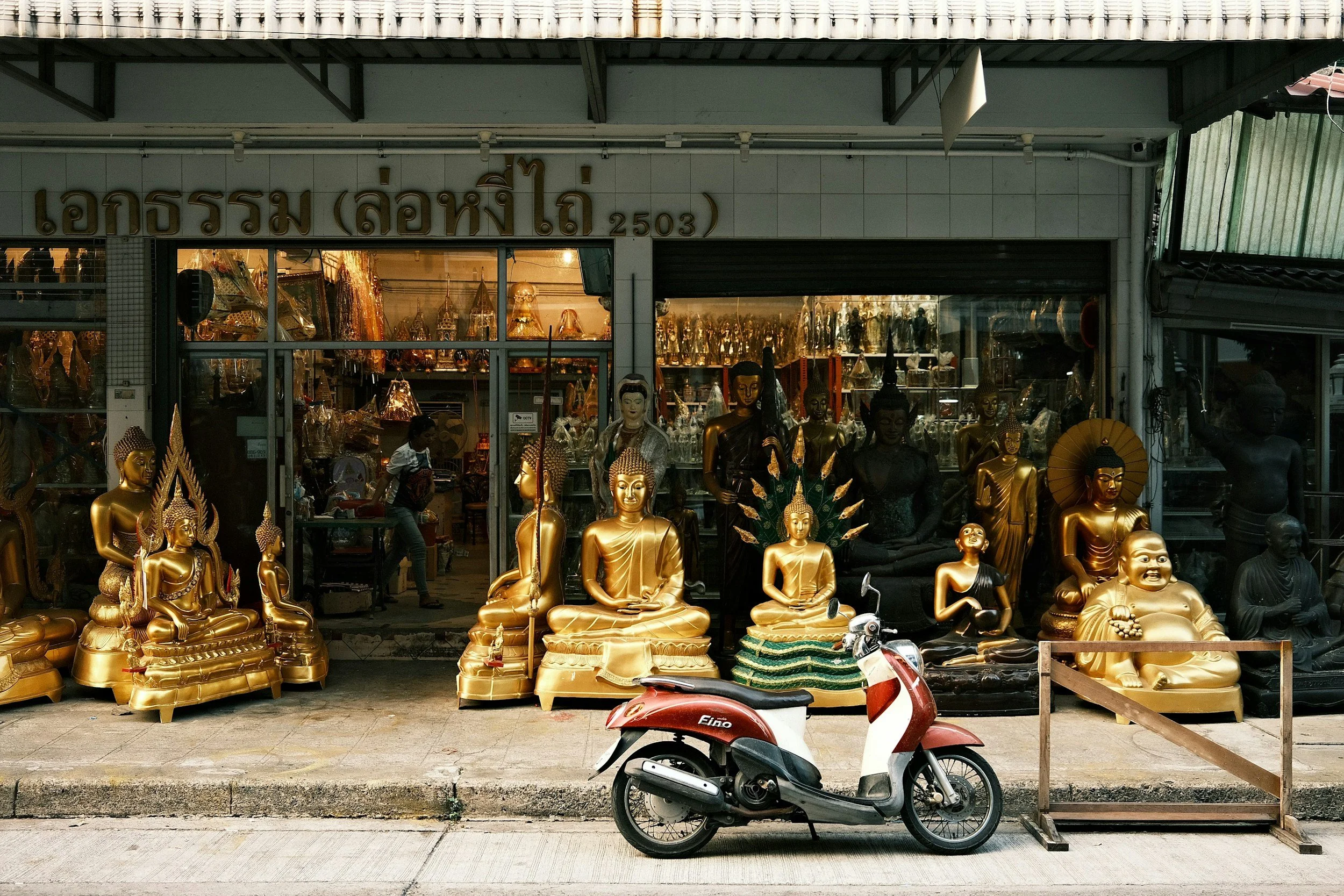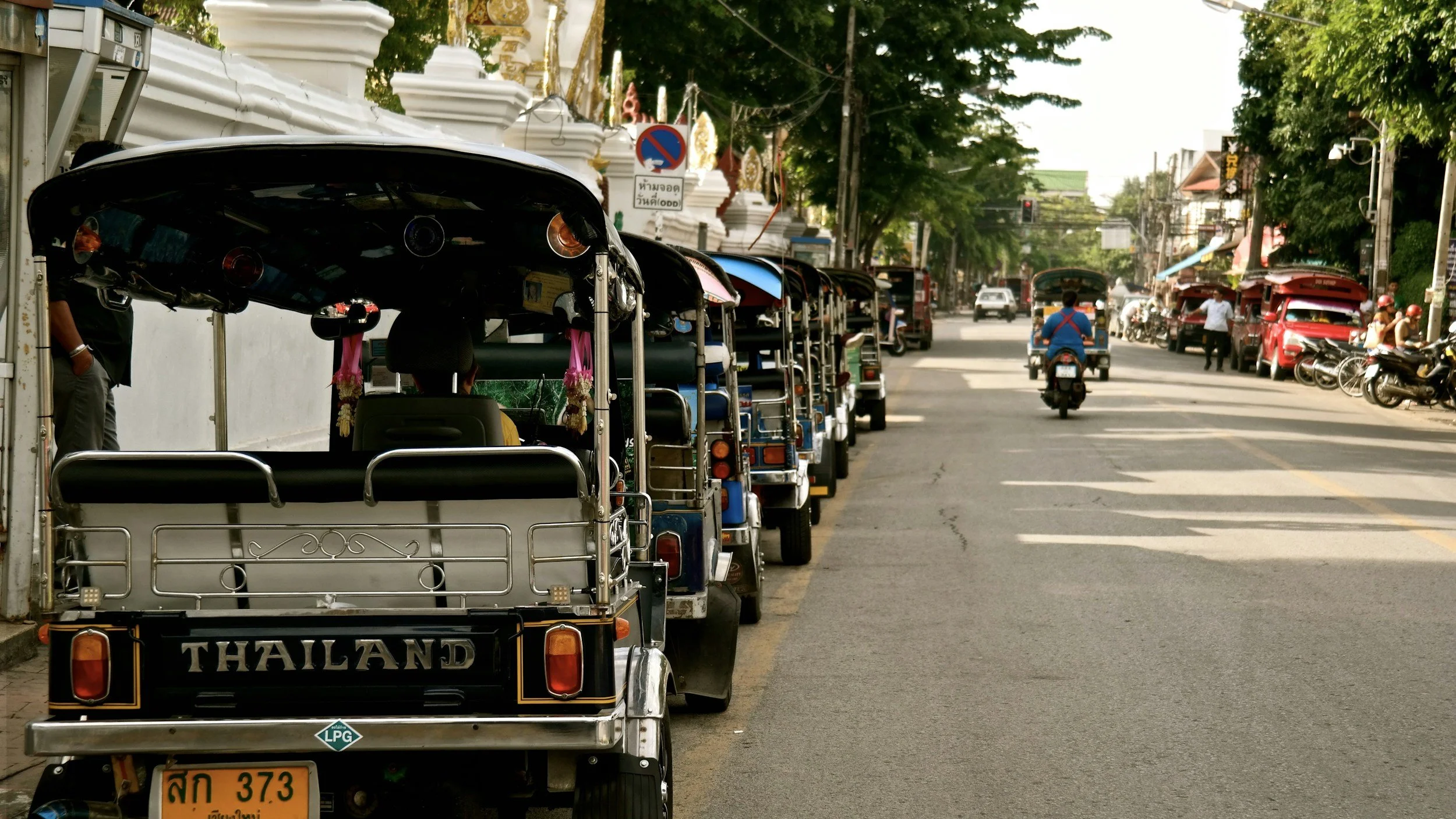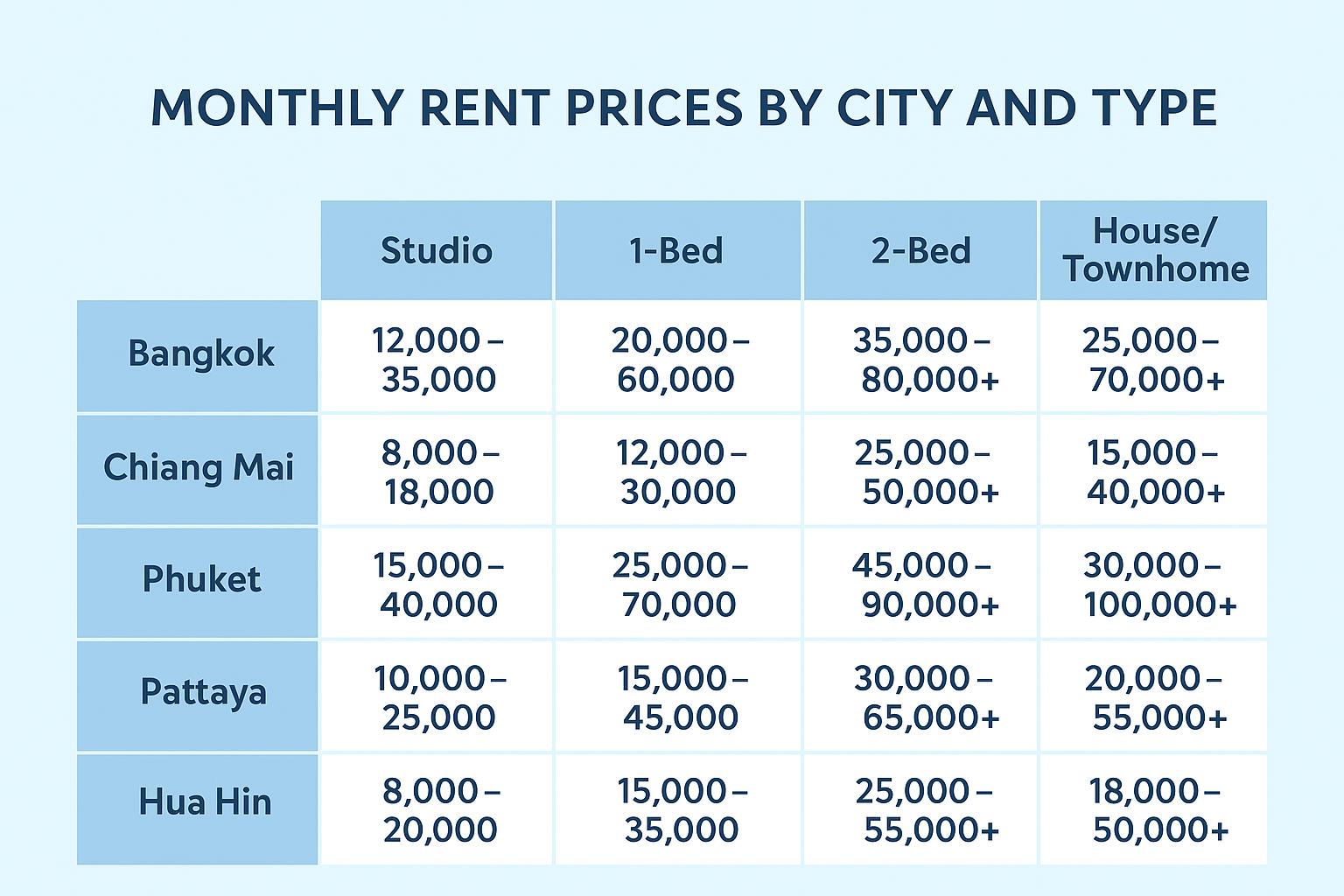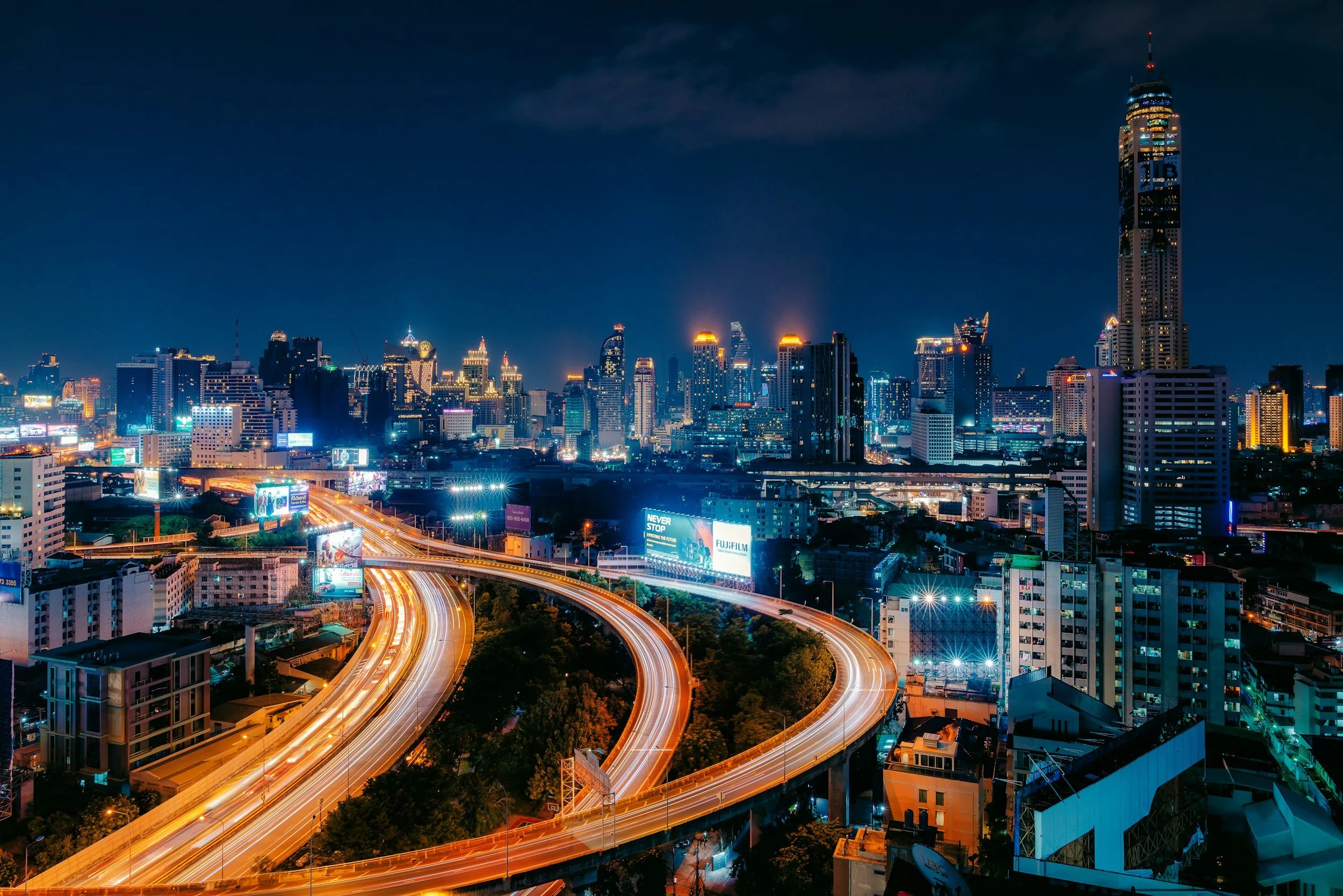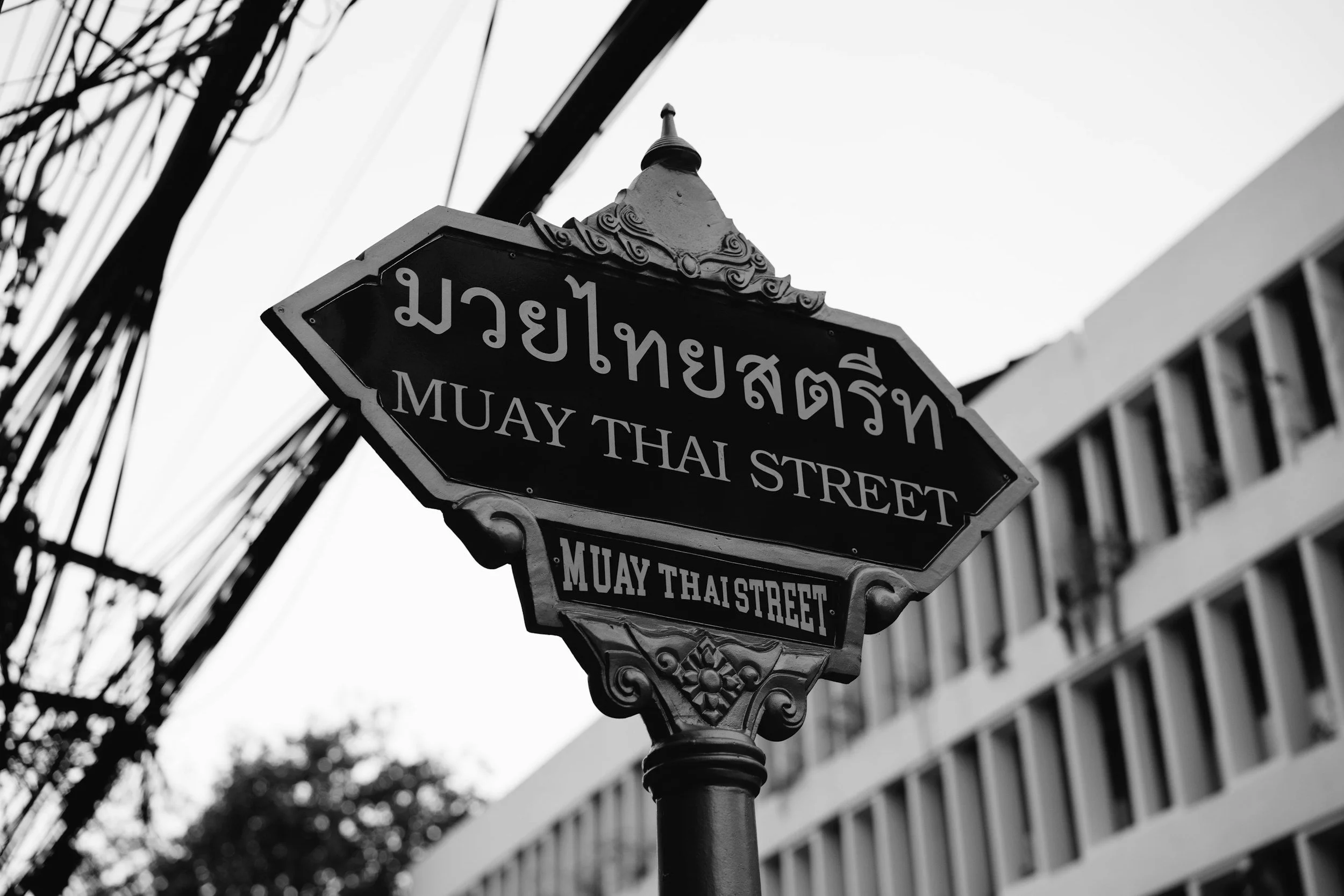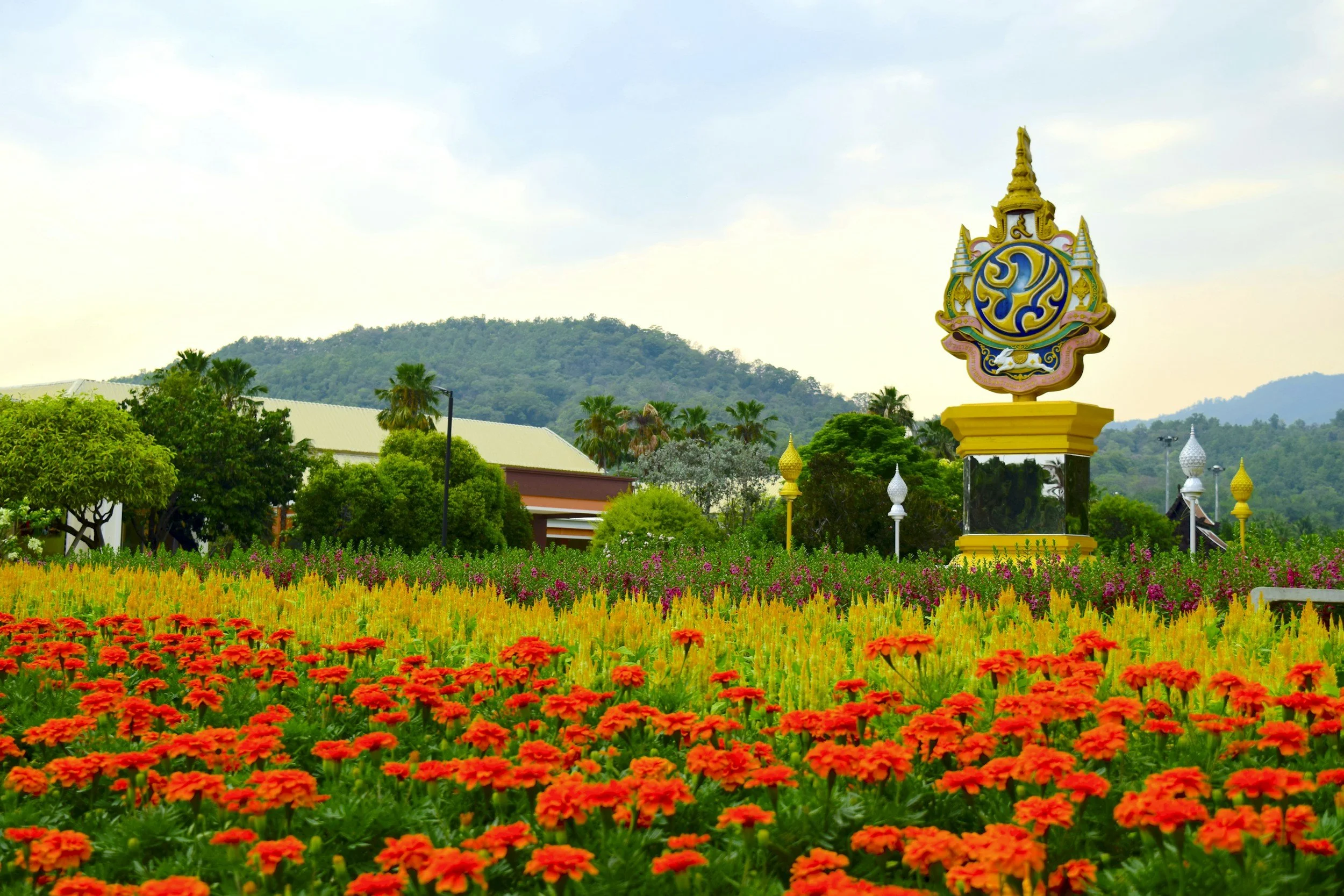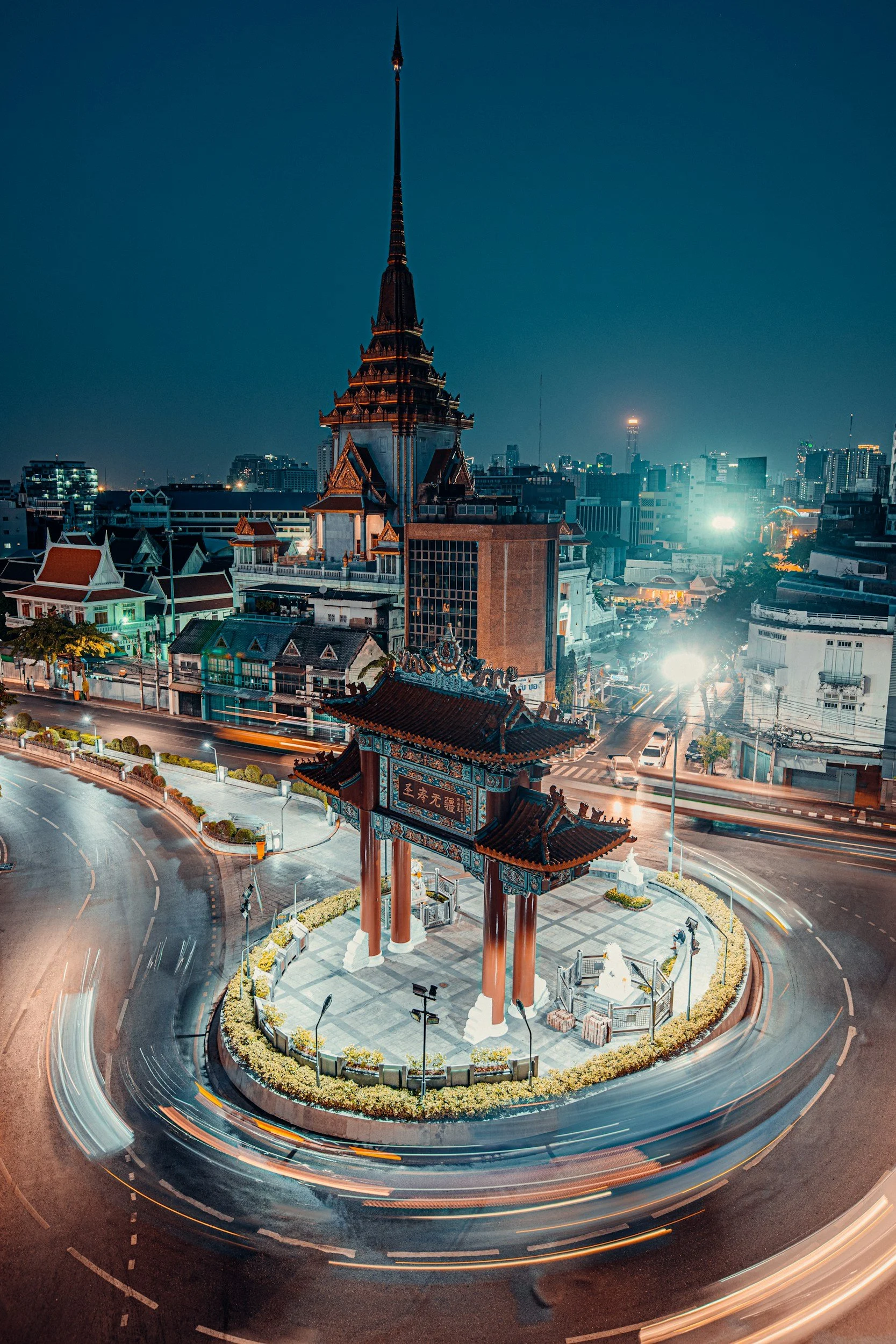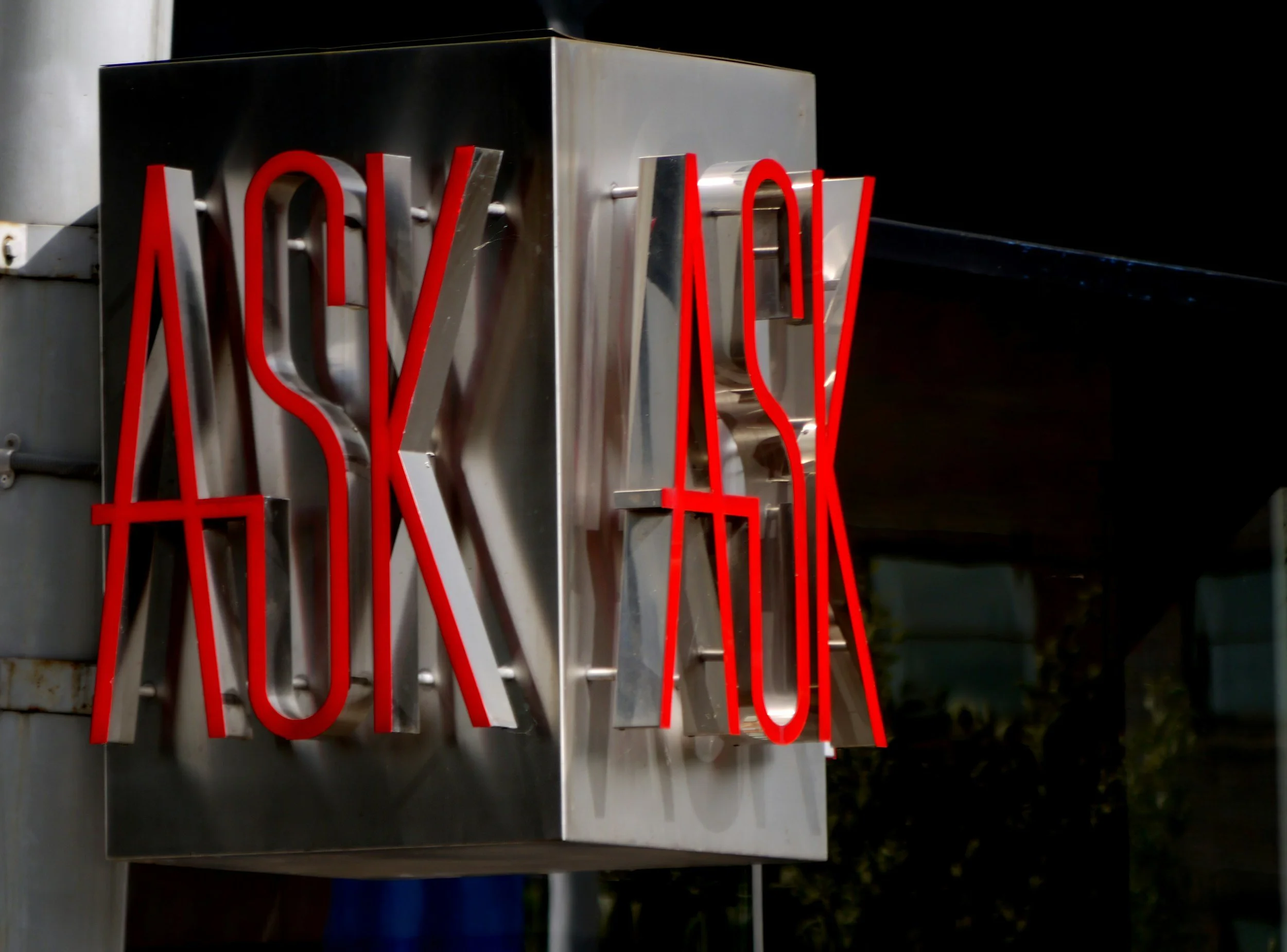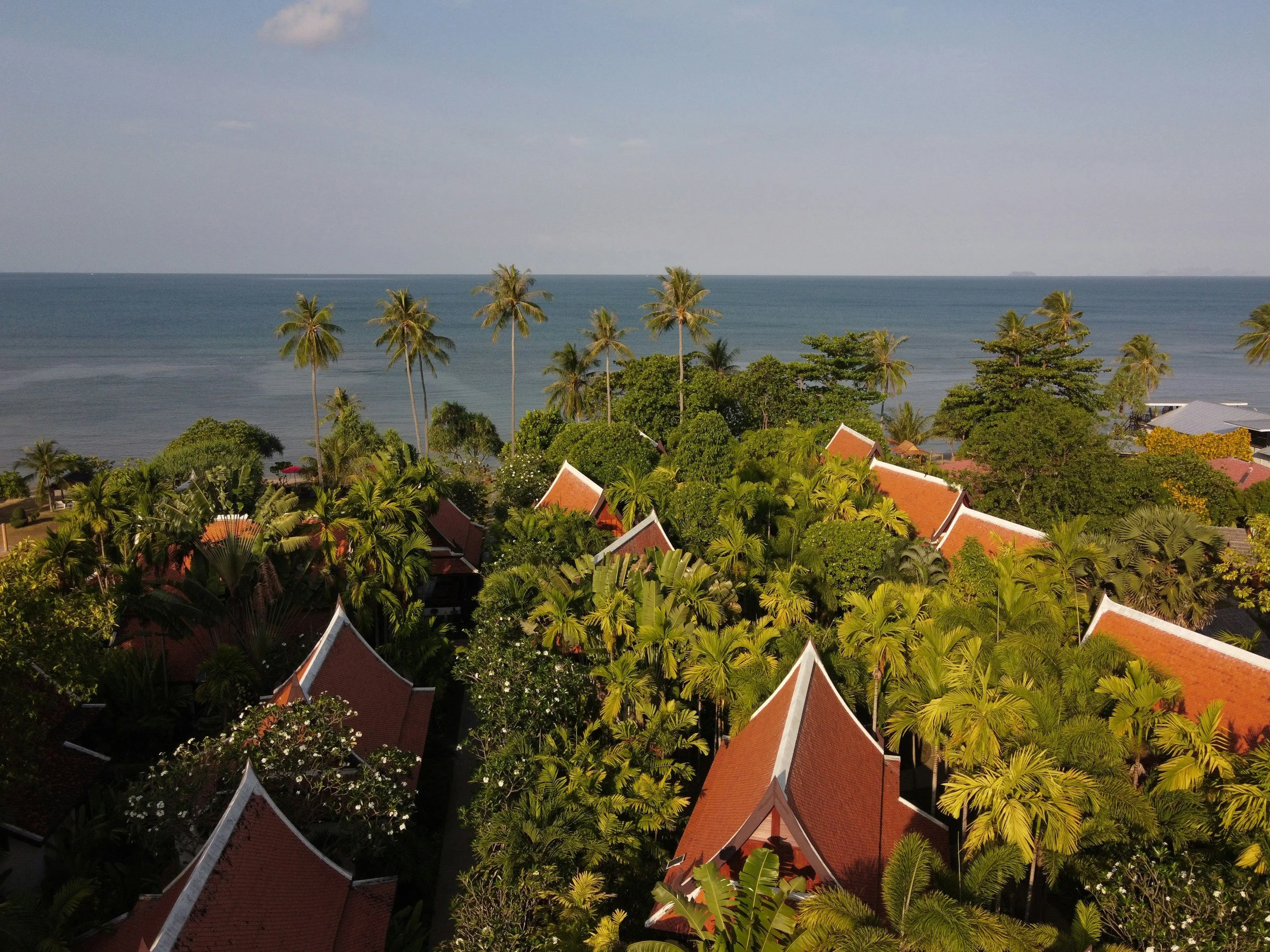🏠 How to Rent a Condo or Long-Term Home in Thailand: Complete 2025 2026 Guide for Foreigners
If you're like me, you love the affordability and accessibility of rental living in Thailand. Whether you're mesmerized by Bangkok's glittering skyline from your high-rise condo, sipping morning coffee as Chiang Mai's misty mountains come into view, or dreaming of Phuket's turquoise waters just steps from your luxury villa, this guide will help you navigate the entire rental agreement process.
It's surprisingly straightforward, even if you've never done it before. Let me walk you through everything you need to know to find your perfect Thai home in 2025 and 2026.
Every year, thousands of foreigners—digital nomads, retirees, and families—turn this dream into reality through Thailand's accessible long-term rental market.
Can Foreigners Legally Rent Property in Thailand?
Yes—absolutely. Foreigners can legally rent apartments, condos, houses, or villas in Thailand without any special permits or nationality-based restrictions.
According to Thailand's Civil and Commercial Code (Sections 537–571), rental and leasing laws apply equally to Thais and foreigners. You don't need permanent residency, a work permit, or even a long-term visa to sign a rental agreement.
Caution: Many foreigners successfully rent on tourist visas, though longer-stay visas certainly make the process smoother. That said, some property owners will refuse to rent to foreigners holding only a tourist visa. Please make sure you thoroughly discuss all of your concerns before signing any contract. Bring a Thai friend to help you translate, if needed.
Key legal points:
No foreigner restrictions on renting residential property
Leasehold contracts for houses or land can extend up to 30 years (renewable)
Lease registration at the Land Office is optional but highly recommended for terms of 3+ years
Short-term daily rentals (hotel-style Airbnb) remain illegal under the Hotel Act—stick with monthly agreements to avoid local scrutiny
Bottom line: Renting in Thailand as a foreigner is not only legal, it's common practice and well-established.
🏙️ Types of Long-Term Rentals in Thailand: Which Is Right for You?
Thailand's rental market offers something for every lifestyle and budget. Here's what you'll encounter:
1. Condominiums (Condos)
Most popular with expats and digital nomads.
Modern condos dominate cities like Bangkok, Chiang Mai, Pattaya, and Phuket. Most buildings feature English-speaking management, swimming pools, fitness centers, 24-hour security, and increasingly, co-working spaces with high-speed internet.
Best for: Urban professionals, digital nomads, singles or couples who want amenities and convenience.
Bangkok highlight: Neighborhoods like Sukhumvit, Silom, Ekkamai, and Thonglor offer everything from budget studios to luxury high-rises near BTS/MRT metro train stations. Expect to pay ฿12,000–60,000+ monthly depending on size and location.
Bonus Tip: With the convenient options of the MRT Blue, Purple, Yellow, Orange, and Pink Lines now covering Bangkok’s greater neighborhoods, renting a residence can be even more affordable with many condos in the suburbs listing under ฿12,000 per month. For example, I’m considering renting a high-rise one-bedroom unit in Nonthaburi, listing at $9,000, to be closer to my aunt’s house. It’s super affordable and have easy access to the MRT metro train system.
2. Apartments
More basic than condos, with fewer amenities. Usually low- to mid-rise buildings with simpler services.
Best for: Budget-conscious renters or those seeking shorter, more flexible terms.
3. Houses & Townhomes
Perfect for families needing space. Many are located in gated communities (moo baan) in Bangkok suburbs or provincial cities, offering security, yards, and multiple bedrooms.
Best for: Families with children, pet owners, or anyone wanting privacy and outdoor space.
Note: More responsibility for maintenance and utilities compared to condos.
4. Serviced Apartments
Fully furnished with hotel-like services (cleaning, laundry, sometimes meals). A hybrid between hotel and apartment.
Best for: 6–12 month stays where you want maximum convenience without long-term commitment.
5. Villas
Luxury properties common in beach destinations like Phuket, Koh Samui, and Hua Hin. Private pools, tropical gardens, and resort-style living.
Best for: Higher-budget renters seeking luxury, privacy, or impressive vacation properties that double as long-term homes.
📄 What Documents Do You Need to Rent in Thailand?
Thailand keeps rental documentation refreshingly simple compared to many Western countries. Here's what landlords typically require:
Essential documents:
✅ Passport copy (your primary ID)
✅ Visa or entry stamp (to verify legal stay in Thailand)
✅ Security deposit (typically 2 months' rent)
✅ First month's rent in advance (no credit check like in the U.S. Yay!)
✅ Proof of income or employment (occasionally requested, not always required)
Additional considerations:
Some condos charge separate common fees or building maintenance fees
Always request official receipts for all deposits and rent payments
For premium properties, landlords may ask for references or Thai contact numbers
Pro tip: Digital nomads and retirees with stable income sources rarely face issues. Having your documents organized and readily available speeds up the process significantly. And of course, have a good attitude and a smile on your face will gain you even more favors in the future. :)
🏘️ Understanding Thai Rental Contracts: Read Before You Sign
Thai rental contracts are often bilingual (Thai and English), but remember: the Thai version is legally binding. When in doubt, get a translation or legal review.
Critical contract terms to verify:
1. Lease Duration & Renewal
How many months or years?
Does it automatically renew, or do you need to renegotiate?
2. Deposit & Refund Policy
Under what conditions do you get your deposit back?
What deductions might apply?
3. Utilities & Building Fees
Who pays electricity, water, internet, and building maintenance?
Are utilities metered separately or included? (If separate, is it the government rate or management rate?)
What is the average monthly payments for neighbors in similar units?
4. Maintenance & Repairs
For houses: Who handles repairs, gardening, and upkeep?
What's considered tenant vs. landlord responsibility?
5. Termination Notice
How much advance notice must you give to end the lease?
What are penalties for early termination?
6. Subletting & Guests
Can you host long-term visitors or sublet?
Thai law requires explicit landlord permission for subletting
7. Landlord Verification
Confirm the person you're renting from actually owns or has authority to lease the property
Request to see ownership documents if needed
Investment in Q&A time here prevents headaches later. Many expat forums share horror stories of unclear contracts—don't become one of them.
🌍 Where to Find Rentals: Best Websites & Resources for 2025 & 2026
Finding your Thai home is easier than ever with these trusted English-friendly platforms:
Top Property Websites:
DDproperty.com – One of Thailand's largest real estate sites
FazWaz.com – Excellent filters and expat-focused listings
Hipflat.co.th – User-friendly with neighborhood insights
DotProperty Thailand – Comprehensive listings across all regions
LivingInsider.com – Great for Bangkok-specific searches
Sample Facebook Groups (Often best prices!):
"Bangkok Expats – Apartments & Condos for Rent/Sale"
"Chiang Mai Expats Housing"
"Phuket Expat Property Rentals"
"Digital Nomads Thailand Housing"
Facebook groups often have unlisted properties and opportunities to negotiate directly with landlords—sometimes at 20–30% below market rates.
Safety tips:
⚠️ Beware of too-good-to-be-true prices—scams exist
✅ Always visit in person or via trusted video tour before paying large deposits
✅ Verify agent commission structure (landlords usually pay, not you)
✅ Never pay full amounts without receipts and written agreements
💰 What Does It Actually Cost? Monthly Rental Prices by City (2025)
Rental prices vary significantly by location, building quality, furnishings, and amenities. Here's what you can expect across Thailand's most popular expat destinations:
Note: Prices are estimates based on 2025 market data and vary by specific neighborhood, building age, views, and lease length. Long-term leases (1+ year) often secure 10–20% discounts. And of course, the farther you get away from the city centers, the more affordable rentals become!
Bangkok Deep Dive:
Bangkok offers the widest range of options and the most competitive rental market for foreigners.
Budget-friendly neighborhoods:
On Nut, Bang Na, Rama IX – Modern condos near BTS, ฿10,000–25,000/month for 1-bedrooms
Ari, Saphan Khwai – Trendy, artsy areas popular with digital nomads, ฿12,000–30,000/month
Mid-range expat favorites:
Sukhumvit (Phrom Phong, Thonglor, Ekkamai) – Heart of expat life, ฿20,000–50,000/month
Silom, Sathorn – Business district, ฿18,000–55,000/month
Luxury neighborhood options:
Asoke, Chidlom, Langsuan – High-end towers with panoramic views, ฿40,000–150,000+/month
Digital nomad tip: Many Bangkok condos now include co-working spaces, high-speed fiber internet (200–500 Mbps), and rooftop work areas—perfect for remote workers.
🧠 Smart Renting Tips: How to Avoid Common Mistakes
✅ Visit the property before committing Photos often lie. Always inspect in person or via detailed video tour with someone you trust.
✅ Verify deposit handling Confirm who holds your deposit and get written receipts. Reputable landlords provide documentation.
✅ Read both Thai and English versions If contracts are bilingual, get the Thai version translated to ensure alignment.
✅ Understand building rules Pet policies, noise restrictions, guest limitations, and subletting rules vary widely—clarify upfront.
✅ Check transportation access In Bangkok especially, proximity to BTS/MRT stations dramatically affects quality of life. A 10-minute walk from transit beats a 30-minute taxi stuck in traffic.
✅ Test utilities before signing Run the air conditioning, check water pressure, test internet speed. AC failures in Thai heat are miserable.
✅ Know the neighborhood vibe Spend a day in the area before committing. Does it match your lifestyle? Too quiet? Too loud? Too touristy?
✅ Negotiate for longer terms Landlords often discount 10–20% for 1-year+ commitments. Always ask.
✅ Avoid short-term/daily rentals for long stays Daily condo rentals (like Airbnb-style listings) remain illegal under Thailand's Hotel Act. Stick with monthly rental agreements for legal protection.
✅ Build good relationships Thai culture values courtesy and respect. Being a friendly, reliable tenant often means faster repairs, more flexibility, and better lease renewals.
🛂 Can You Rent Without a Long-Term Visa?
Yes—you can rent on tourist visas or short-stay permits. Many landlords accept tenants regardless of visa type, as long as you're legally in Thailand.
However, there are practical considerations:
Tourist Visa realities:
Thailand's tourist visa now allows 60 days (extendable by 30 more)
For stays beyond 90 days, you'll need visa runs or visa changes
Some landlords prefer longer-term visa holders for multi-month leases
Better visa options for long-term renters:
Digital Nomads:
Destination Thailand Visa (DTV) – 5-year visa with 180-day stays per entry, perfect for remote workers
Retirees:
Non-Immigrant O-A or O-X – For ages 50+, requires financial proof (฿800,000 in Thai bank or ฿65,000/month income)
Families & Professionals:
Non-Immigrant B – Work visa for employed expats
Non-Immigrant O – For family/dependent stays
Education Visa – For students or course participants
Elite/LTR Visas:
Premium options for wealthy global citizens and professionals
Pro tip: Having a longer-term visa (6+ months validity) smooths everything—bank accounts, utility setups, lease negotiations, and peace of mind. Just go for it!
🏛️ Should You Register Your Lease at the Land Office?
For leases of 3 years or longer, you may want to register at the local Land Office (Thailand Land Department). Registration transforms your lease from a contract into a registered legal right, providing stronger protection.
Benefits of registration:
Enhanced legal standing in disputes
Property right that survives landlord changes
More security for long-term investment leases
Considerations:
Involves registration fees (typically 1% of total rent value)
Not all landlords will facilitate registration—negotiate upfront
For shorter leases (under 3 years), standard contracts usually suffice
Bottom Line, Protect Yourself: For 1–2 year condos, skip registration. For 5-year house leases or major investments, consider it strongly.
🎯 Bangkok Rental Market Spotlight: What Makes This Mega-city Special
Bangkok deserves extra attention as Thailand's largest rental market and the gateway for most foreign residents.
Why Bangkok attracts foreigners:
Infrastructure: World-class BTS Skytrain and MRT subway/above-ground systems make car-free living easy. Suvarnabhumi Airport handles 60+ million passengers annually—perfect for frequent travelers. Modern Bangkok’s connectivity is phenomenal.
Diversity: From $400 USD/month studios to $5,000 USD/month penthouses, Bangkok accommodates every budget and lifestyle.
Amenities: Modern condos routinely include swimming pools, gyms, co-working spaces, convenience stores, and 24-hour security—often for less than basic apartments in Western cities.
Food scene: Possibly Asia's best - I know, I’m bias. LOL. $2 street food to Michelin-starred restaurants within blocks of each other.
Digital nomad infrastructure: Countless cafes with strong WiFi, established co-working spaces, and a massive international community.
Healthcare: Top-tier international hospitals (Bumrungrad, Samitivej, Bangkok Hospital) with English-speaking staff and affordable care.
Challenges to consider:
Air pollution peaks January–April (burning season)
Traffic congestion like most cities around the world (Use the BTS/MRT systems)
Heat & humidity year-round (AC is essential)
Higher costs than provincial cities
Digital nomad budget estimate:
❓ Frequently Asked Questions
Q: Do I need a Thai bank account to rent?
A: Not required, but helpful for longer stays. Some landlords prefer local bank transfers for rent.
Q: Are furnished or unfurnished rentals more common?
A: Most expat-focused condos come fully furnished. Houses may be unfurnished or partially furnished.
Q: What if I want a pet?
A: Pet policies vary by building and landlord. Always confirm pet allowances in writing before signing.
Q: Can I negotiate rent prices?
A: Yes! Especially for longer leases (1+ year) or off-peak seasons. Respectful negotiation is normal.
Q: What's included in rent?
A: Usually just the unit. Expect to pay separately for electricity, water, internet, and building fees unless explicitly stated otherwise.
Q: Is it safe for families?
A: Very safe. Thailand has low violent crime rates. Bangkok, Chiang Mai, and Phuket have excellent international schools and family-friendly communities.
Q: How do I handle language barriers?
A: Major cities have English-speaking agents and landlords. For provincial areas, consider hiring a translator or using translation apps. Learning basic Thai phrases builds goodwill.
Q: What if I need to leave early?
A: Check your contract's early termination clause. Some landlords allow breaking leases with 1–2 months' notice; others may force you to forfeit deposits. Negotiate upfront.
🌴 Your Thailand Home Awaits
Renting a condo or long-term home in Thailand isn't just accessible—it's one of the most rewarding decisions you can make as a foreigner seeking adventure, affordability, and quality of life.
Remember the golden rules:
Inspect thoroughly before you commit
Read contracts carefully (both Thai and English)
Get official receipts for all payments
Research neighborhoods to match your lifestyle
Build good landlord relationships for long-term success
With proper preparation and the guidance in this post, you'll soon have your own Thai home base—a place where you wake up each morning in the Land of Smiles, ready to write your next chapter. So, what are you waiting for? Let’s go!
MORE RESOURCES:
🎾 Pickleball in Thailand 2026: Complete Guide to Courts, Clubs & Communities
How to Open a Bank Account in Thailand (2025): A Foreigner's Complete Guide
How Expats & Long-Term Visitors Get a Thai Driver's License (Cars & Motorcycles) — 2025 Complete Guide
Best Time to Visit Thailand?: What I Tell My Friends
Bangkok's Hidden Fitness Gem: Your Complete Guide to Cardio Around Chulalongkorn University & National Stadium
Complete Guide to Working in Thailand as a Foreigner (2025): Visas, Work Permits & Legal Requirements
Best Mindfulness Retreats in Thailand for English Speakers Guide, click HERE.
Looking for Bangkok’s best second-hand markets? Check it out HERE.
For Do’s and Don’ts while visiting Thailand, click HERE.
Read about Thailand medical tourism’s Top Hospitals, Costs and Procedures.
Bangkok Art and Culture Centre (BACC): Your Free Cultural Escape in Siam Area - Complete Visitor Guide
Bangkok’s #1 transportation choice for tourists: BTS Sukhumvit Line (2025 Guide)
Was this content useful? For the latest Thailand living tips, travel hacks, and perhaps retirement blog updates, pop in your email the box below. Let’s explore Thailand together!
And, if you’re ready to explore Thailand for the first time and need my help with your trip itinerary, hit me up HERE. I’m an Independent Travel Advisor of Fora Travel.
Cheers! - Monchai
